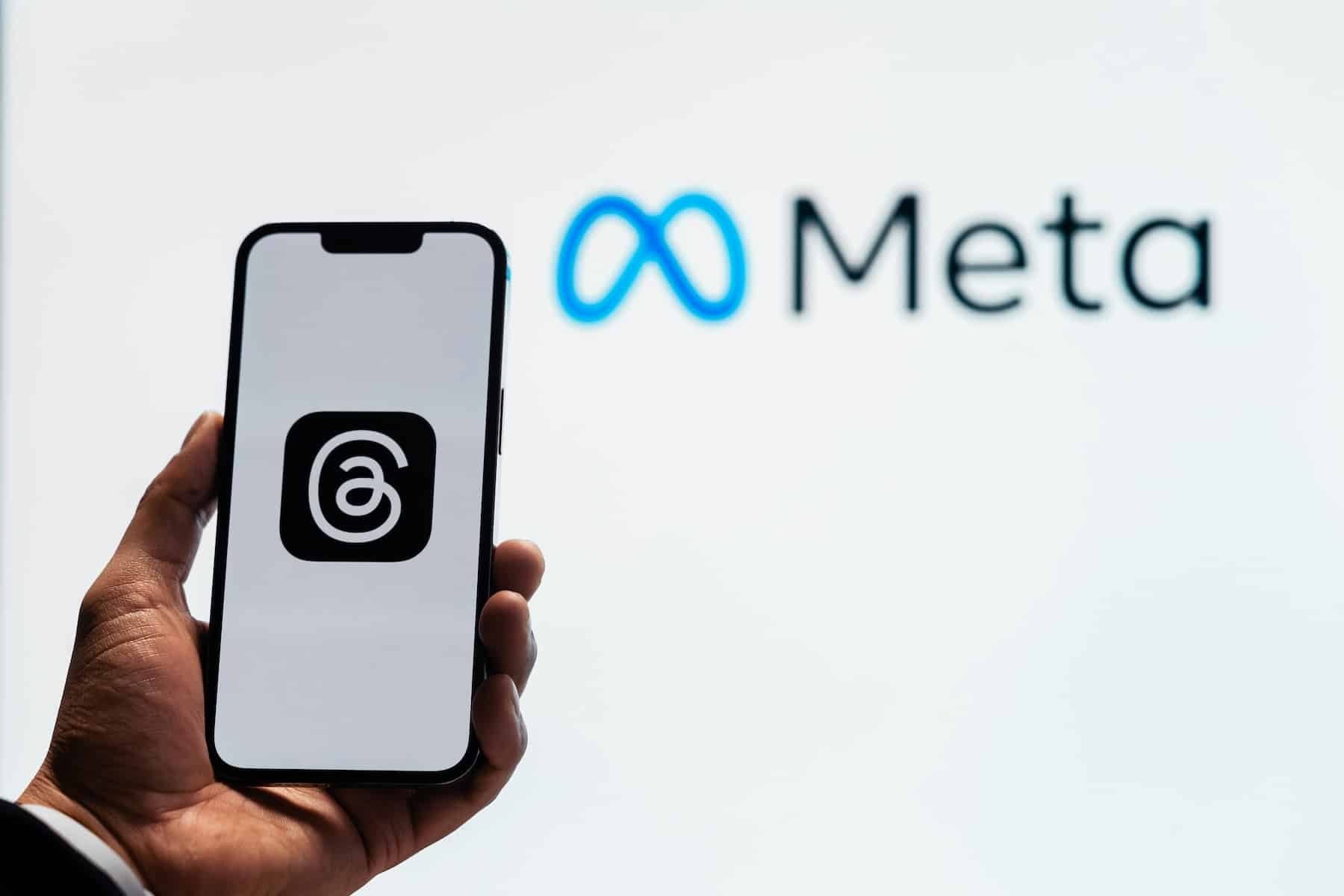Meta is quietly building one of the most powerful teams in artificial general intelligence (AGI). According to the technologist Deedy Das (@deedydas) on X, the group known as Meta Superintelligence Labs now has 44 members, and its composition is raising both admiration and questions.
Technical profile of the team: elite researchers and high-impact recruits
Leaked data indicates that:
– 50% of the members are of Chinese origin
– 75% hold PhDs
– 70% are engaged in research
– 40% are former OpenAI employees
– 20% come from DeepMind (Google)
– 15% are from Scale AI
– 20% are classified at L8+ levels (equivalent to Staff Engineer or higher)
– 75% are first-generation immigrants
This team was assembled in record time, and most members have been at Meta for less than a month. Das himself notes that their annual compensation ranges from $10 million to $100 million, a figure not yet confirmed but consistent with Meta’s aggressive recruitment strategy over the past year.
Notable cases include a former foundational model chief from Apple who reportedly received a $200 million signing bonus, as well as several ex-OpenAI members claiming they never received promised figures—some expected incentives up to $100 million.
Meta doubles down on AGI after setbacks in the metaverse
After investing over $46 billion into developing the metaverse without achieving significant adoption, Meta has shifted its focus toward foundational models and superintelligence. This pivot reflects the company’s new priority: leading in AGI development against competitors like OpenAI, Anthropic, and Google DeepMind.
Superintelligence Labs aims to develop next-generation AI models capable of reasoning, planning, and solving complex tasks autonomously. This positions the team as one of the most advanced hubs worldwide in AGI, with Meta establishing itself as a key player in the architecture of intelligent systems with emergent capabilities.
Risks and geopolitical tensions: the focus on talent origin
The most controversial detail is the strong presence of Chinese talent (50%) in a team working on strategic technologies. With the return of the Trump administration to the White House, there are already speculations about potential investigations related to national security risks and technological leaks.
While there is no evidence of irregularities, the team’s composition and diverse origins could lead to regulatory friction and political pressure—especially amid escalating US-China tensions over technology.
– 🚨 BREAKING: Detailed list of all 44 people in Meta’s Superintelligence team.
– 50% from China
– 75% hold PhDs, 70% are researchers
– 40% from OpenAI, 20% DeepMind, 15% Scale
– 20% at L8+ level
– 75% first-generation immigrants
Each of these individuals is likely earning between $10 million and $100 million annually. (Source: Deedy Das, July 19, 2025)
What does this mean for the future of AI?
Beyond the numbers, creating such a team confirms that the race for superintelligence is accelerating. Meta, which lagged behind after the ChatGPT and Claude surge, is making strategic moves with a clear goal: build an internal structure capable of rivaling—or surpassing—OpenAI.
The endeavor is ambitious yet risky. Its success depends not only on the talent assembled but also on Meta’s ability to manage governance, ethics, privacy, and international regulation around its developments.
In conclusion
Meta is playing big, and this time, not in virtual worlds, but on the most critical front of modern technology: general artificial intelligence. The Superintelligence Labs team could become the nucleus of the world’s most powerful AI systems—or the epicenter of future debates over technological sovereignty, algorithmic biases, and global security.

